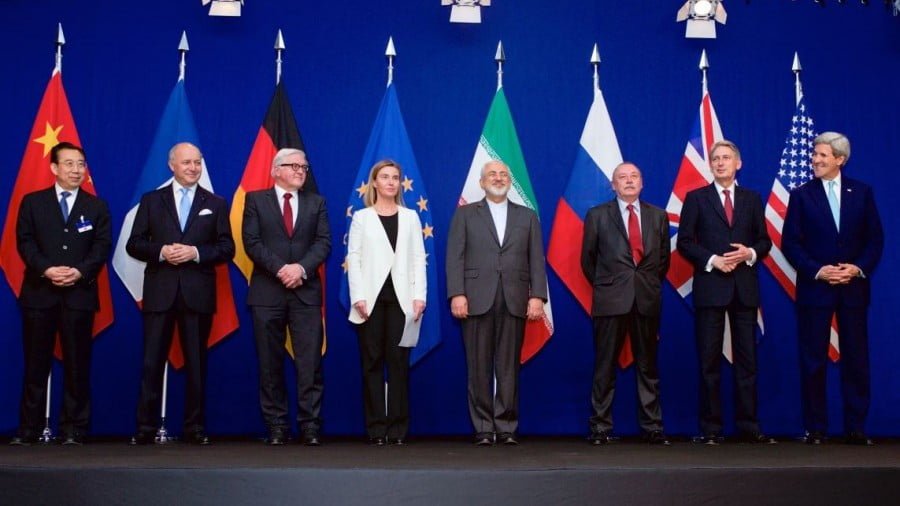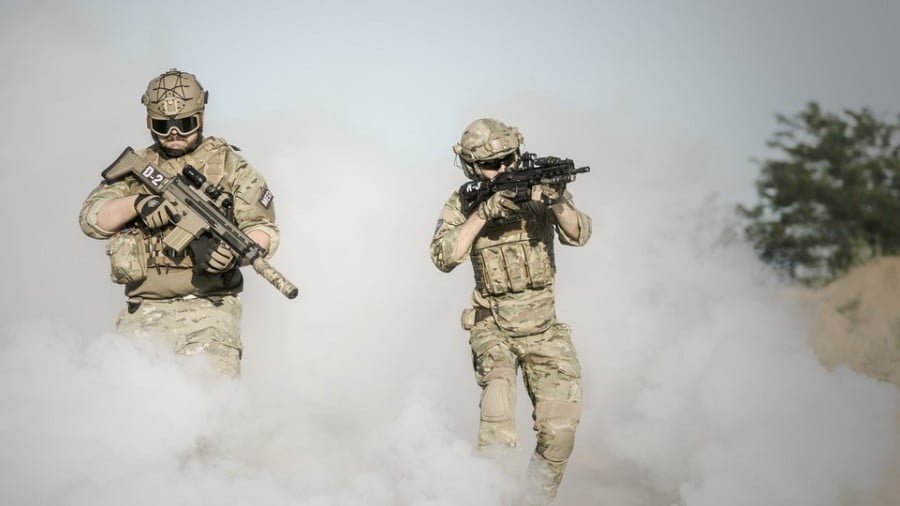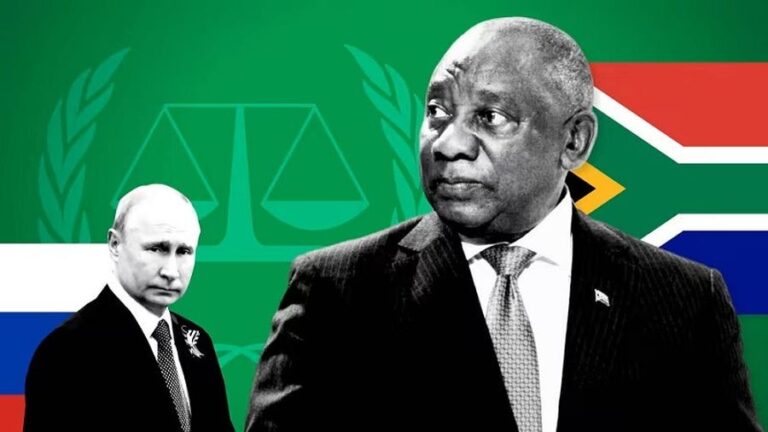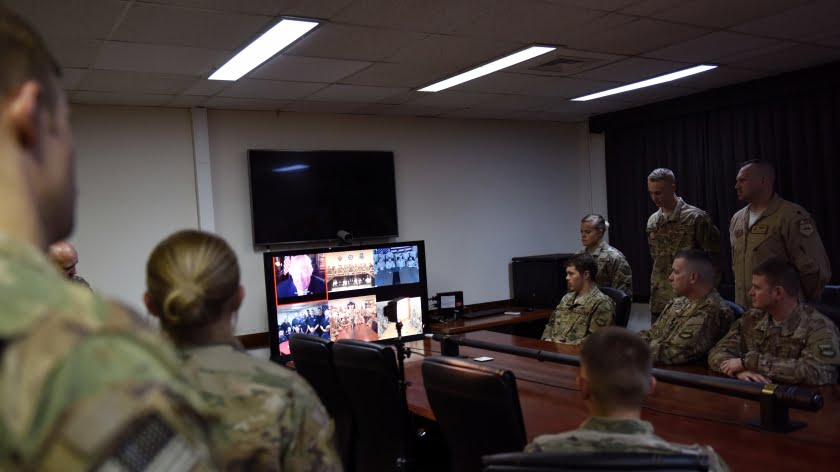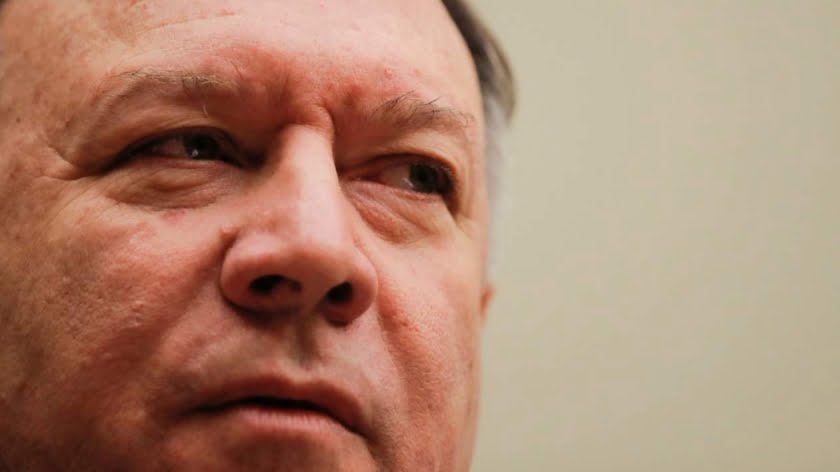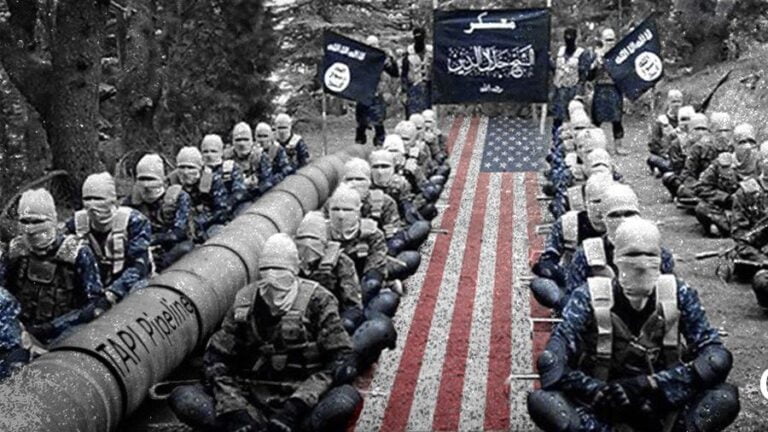US Urges EU to ‘Fix’ Iran Deal: Brussels Between a Rock and a Hard Place
President Trump said it was the final waiver extending Iran nuclear deal. He did it with strings attached. The president’s demands include: immediate inspections at sites by international inspectors and “denying Iran paths to nuclear weapons forever” (instead of 10 years as stipulated under current law). New sanctions were issued against 14 people and entities involved with Iran’s ballistic missile programs and a crackdown on government protesters. The president wants the deal to cover Iran’s ballistic missile programs.
Restrictive measures were extended three times last year. And Donald Trump never certified the agreement. Senator Bob Corker, the current chairman of the Senate’s Committee on Foreign Relations, said“significant progress” had been made on bipartisan congressional legislation to address “flaws in the agreement without violating US commitments.”
According to President Trump, there are only two options: either the deal is fixed or the US pulls out. This time he wants to pass the buck, emphasizing that the decision to do it the last time is explained by his desire to secure the agreement of US European allies to fix what he calls “the terrible flaws” of the Joint Commission Plan of Action (JCPOA) or the Iran nuclear deal. Europeans have 120 days to define their position. From now on, Europe is facing a real hard choice: it’s either dancing to the US tune or being adamant in its support for the deal. The latter will bring it closer to Russia.
Germany said on Jan.12 that it remained committed to the deal and that it would consult with “European partners to find a common way forward”. The European Union remains committed to support the implementation of the JCPOA.
The US plan hardly has a chance of success. Even if Europe joins the US, which is not the case, at least for now, the introduction of any changes to the deal requires the consent of other participants: Russia, China and Iran. Tehran has taken a tough stance, flatly refusing any talks on changes.
Another element of US proposal is also a tall order. The president wants a separate follow-on deal on Iran with the EU “to enshrine triggers that the Iranian government could not exceed related to ballistic missiles.” The consent of other participants is not needed but a separate agreement will bury the JCPOA as the provisions of the two deals will contradict each other. Iran will have to pull out and it will not be its fault and responsibility.
A unilateral US withdrawal is the most feasible option. But it will provoke an international outcry. It’s better to face the consequences being a member of an international coalition. So, the US is aggressively pursuing its goals. The stakes are high and Europe will have to make its choice. If it does not back the deal, its image as a reliable partner will be damaged internationally. The EU has economic interests in Iran. It’ll lose a lot pulling out from the JCPOA. On the other hand, Europe is not at all happy at the prospect of deteriorating relations with the United States.
There is another important aspect not to be forgotten. It’s a win-win situation for Moscow. Russia does not want the Iran deal threatened. Its contribution into it was important enough. But if Brussels succumbs to pressure, it’ll be a political win for Russia to bolster its image as a reliable partner remaining faithful to its obligations. Even with the JCPOA in place, some restrictions on economic and military cooperation remain in force. If the US tears up the deal, there will be no formal obligation to comply with them. Tehran will be pushed to develop even closer ties with Moscow and Beijing.
If the EU stands tall and has it its way, the US European partners may not back the United States in the United Nations, undermining what is called “Western unity”. Brussels and Moscow will get closer. Iran will become a field for cooperation. The process of rapprochement will be spurred if the US imposes restrictive measures on European companies participating in joint projects with Russia, such as Nord Stream-2, for instance. That’s how US sticking with tough stance on Iran may backfire. Acting high and mighty on international stage does not always bring the desired results. Taking well-thought-out foreign policy moves as elements of grand strategy does pay off but the US prefers to act otherwise. By doing so, it risks shooting itself in the foot.
By Peter Korzun
Source: Strategic Culture

